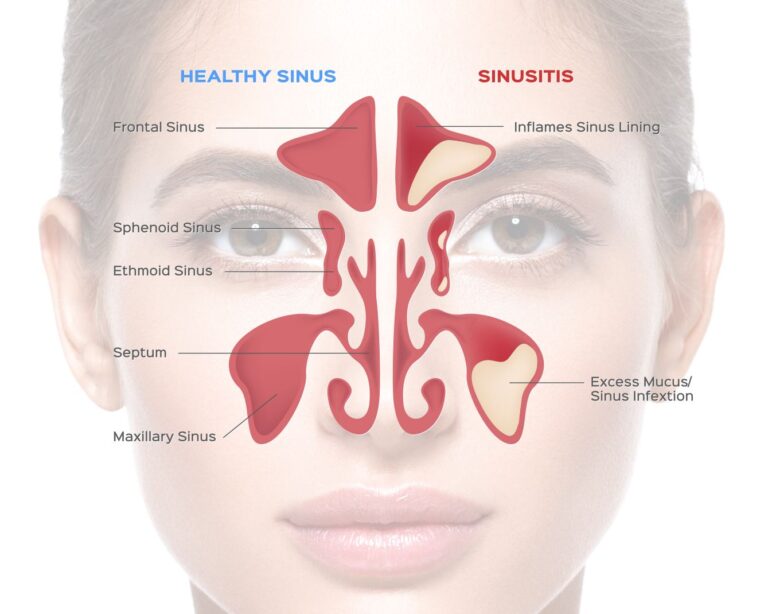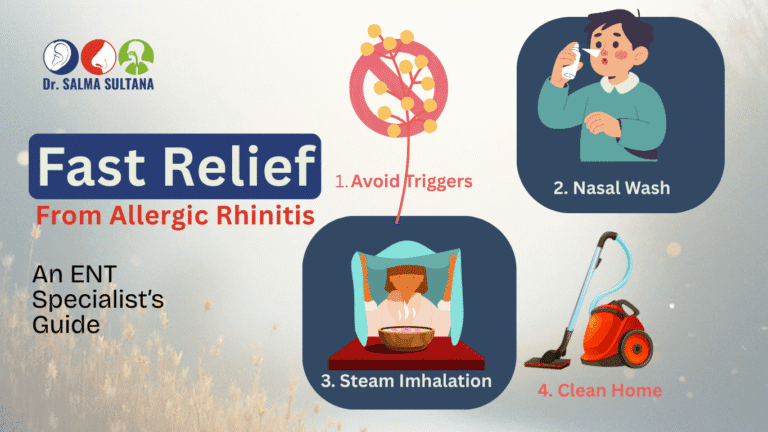Understanding Allergic Rhinitis
Introduction: Allergic rhinitis, commonly known as hay fever, affects millions worldwide, causing sneezing, nasal congestion, and itchy eyes. Despite its prevalence, many individuals remain unaware of effective diagnostic tools and treatments available. This article aims to shed light on allergic rhinitis, the importance of the skin prick test, and the revolutionary potential of immunotherapy.
Understanding Allergic Rhinitis: Allergic rhinitis is an allergic response to airborne particles such as pollen, dust mites, and pet dander. When the immune system overreacts to these allergens, it releases chemicals like histamine, triggering symptoms like sneezing, runny nose, and watery eyes. Allergic rhinitis can significantly impact quality of life, affecting sleep, productivity, and overall well-being.

The Role of Skin Prick Tests: Accurate diagnosis is the first step towards effective management of allergic rhinitis. Skin prick tests are a crucial tool in identifying specific allergens triggering an individual’s symptoms. During the test, small amounts of common allergens are introduced just beneath the skin’s surface. If a person is allergic, a small red bump, resembling a mosquito bite, will appear, indicating sensitivity to that particular allergen. This diagnostic approach allows healthcare professionals to tailor treatment plans to each patient’s unique sensitivities.
Immunotherapy: A Game-Changer in Allergy Treatment: While symptomatic relief through antihistamines and nasal corticosteroids is common, immunotherapy stands out as a potential long-term solution. Immunotherapy, also known as allergy shots, involves administering gradually increasing doses of allergens to desensitize the immune system. This process helps the body build tolerance, reducing the severity of allergic reactions over time.
Immunotherapy not only addresses symptoms but also targets the root cause of allergic rhinitis. It has shown promising results in reducing the need for medication, improving overall quality of life, and preventing the progression of allergies to asthma.
The Importance of Raising Awareness: Despite the effectiveness of skin prick tests and immunotherapy, awareness about these diagnostic and treatment options remains limited. By increasing public understanding of allergic rhinitis and its management strategies, we can empower individuals to take control of their health and seek appropriate interventions.
Allergic rhinitis is more than just a seasonal inconvenience – it can significantly impact daily life. The combination of accurate diagnosis through skin prick tests and the transformative potential of immunotherapy offers hope for lasting relief and improved well-being. As we navigate the seasons, let us unmask the mysteries of allergic rhinitis and encourage proactive steps towards effective management and treatment.







